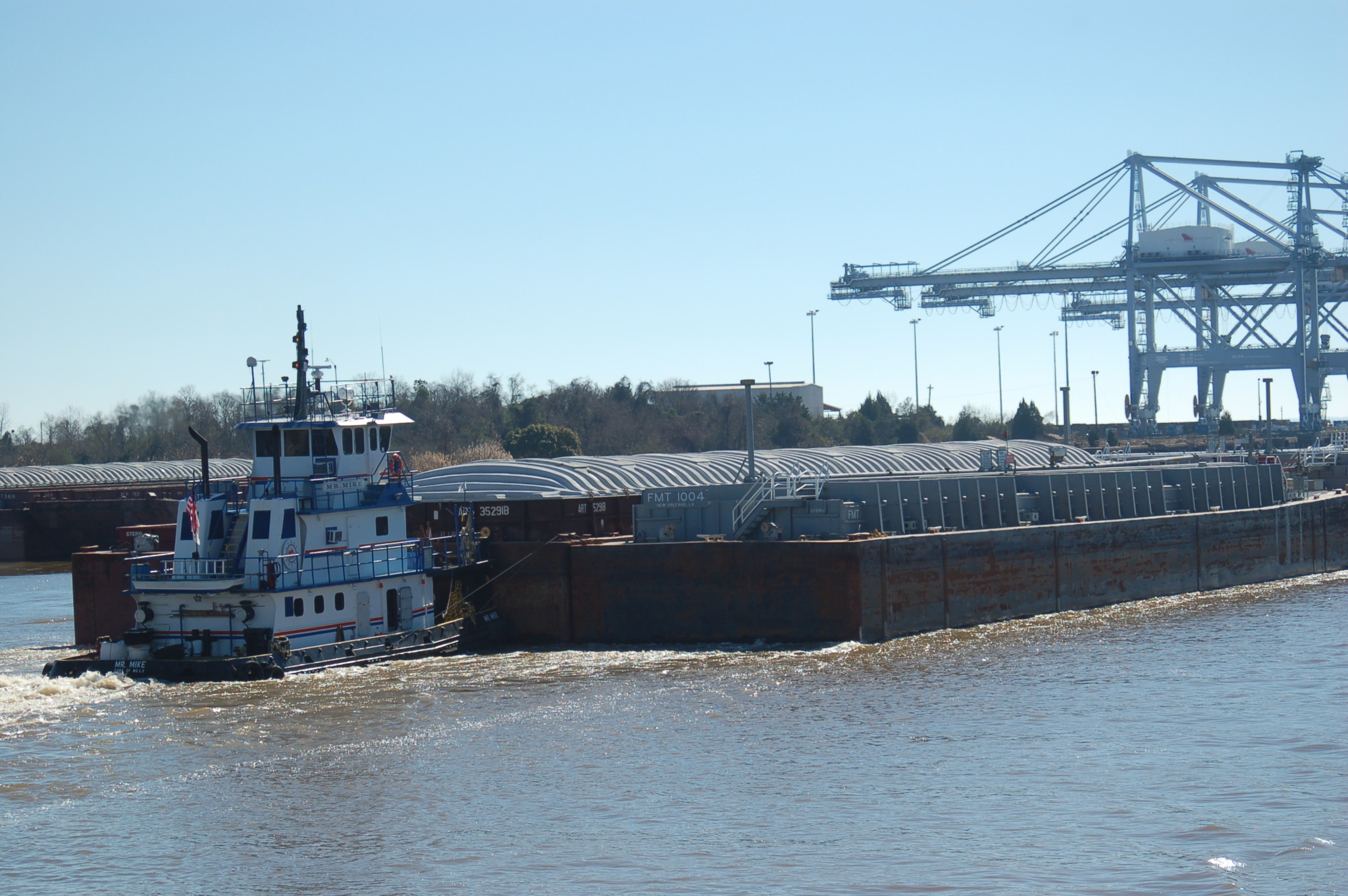On Wednesday, the American Waterways Operators (AWO) testified before two congressional committees on the state of the U.S. maritime industry. Tom Allegretti, president and CEO, testified before the Senate Commerce, Science and Transportation Committee, while across the Capitol, Jennifer Carpenter, executive vice president and COO, appeared before the House Transportation and Infrastructure Subcommittee on Coast Guard and Maritime Transportation.
Also on Wednesday, Rear Adm. John P. Nadeau, Coast Guard assistant commandant for prevention policy, testified before the House Coast Guard & Maritime Transportation Subcommittee.
"A healthy maritime industry is vital to the nation’s economic prosperity and national security. It must also become increasingly dynamic and continually evolve to meet stakeholder demands. The Coast Guard’s marine safety missions must continue to evolve to keep pace with industry change and ensure the continued safety, security, and environmental compliance in the MTS," Nadeau testified. " We are focused on ensuring every Coast Guard action sustains the safe operation of the MTS, without imposing unnecessary costs on U.S. entities competing in a global industry."
In written testimonies submitted to the committee and subcommittee, both Allegretti and Carpenter emphasized the importance of the tug, towboat and barge industry to the national economy and highlighted four pillars vital to the vibrancy of the industry: the Jones Act, federal primacy over commercial maritime navigation, waterways infrastructure, and marine safety. Allegretti and Carpenter urged Congress to do its part in preserving these pillars and emphasized that if these pillars were to erode, the health and viability of the industry would be at risk.
Nadeau emphasized that the push to focus vessel owners on having Safety Management Systems (SMS) designed to proactively ensure safety at sea, prevent injury or loss of life, and avoid damage to the environment. "To provide effective third-party oversight and monitor the effectiveness of Safety Management Systems, we have installed a competent and robust flag State control oversight framework aligned with international oversight methodologies," he said. "Marine inspector training, effective oversight of third party organizations, and a focus on safety management will be critical in directing our marine safety workforce while performing vessel inspection programs for towing vessels and fishing vessels."
Allegretti and Carpenter attributed the industry's success to the men and women who comprise it and noted that AWO members are leaders in safety and environmental stewardship. "AWO's member companies are committed to a culture of continuous improvement — to making our domestic maritime industry ever safer, more efficient, and more environmentally sustainable," Carpenter said.
Both Allegretti and Carpenter also emphasized that Congress's historic bipartisan support of the industry has been critical. "The statutory and regulatory certainty that you provide is foundational to our survival and success," Allegretti explained, noting that this certainty "will ensure the towing industry's continued success in the years ahead."
Nadeau also said that staying abreast of changes in the maritime industry, such as integration of new technologies like LNG as fuel and automation; autonomous vessels, and maintaining effective risk management "of growing cyberthreats onboard vessels and within the our ports, will also be critical areas of focus that will direct our present and future marine safety workforce."





